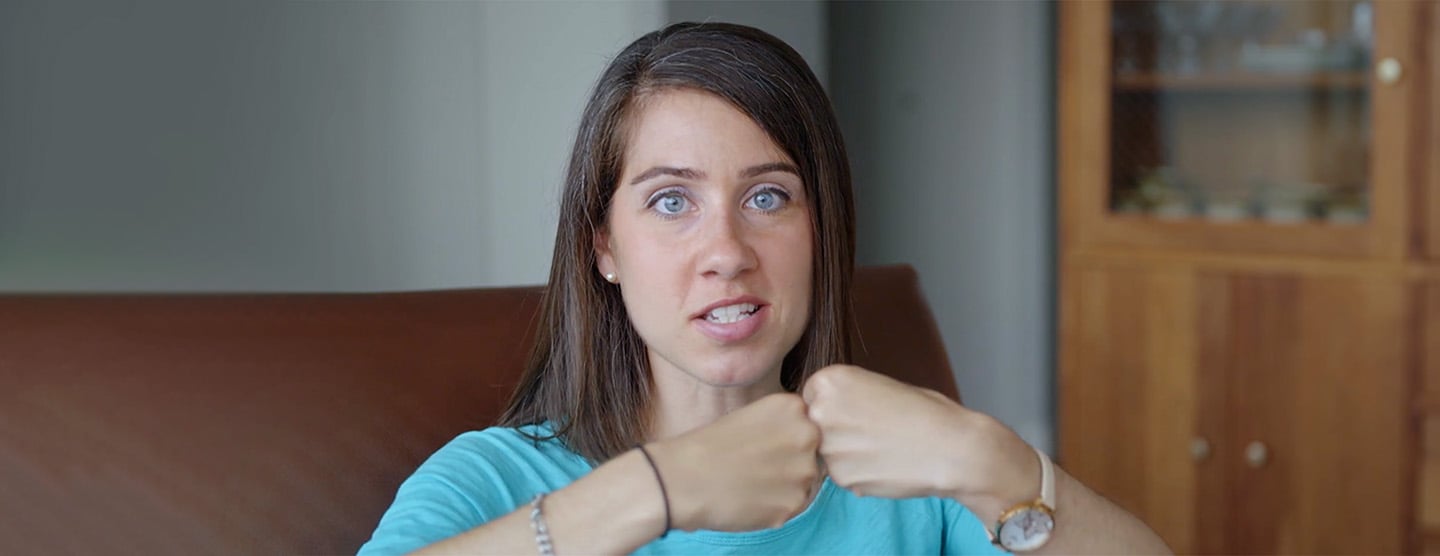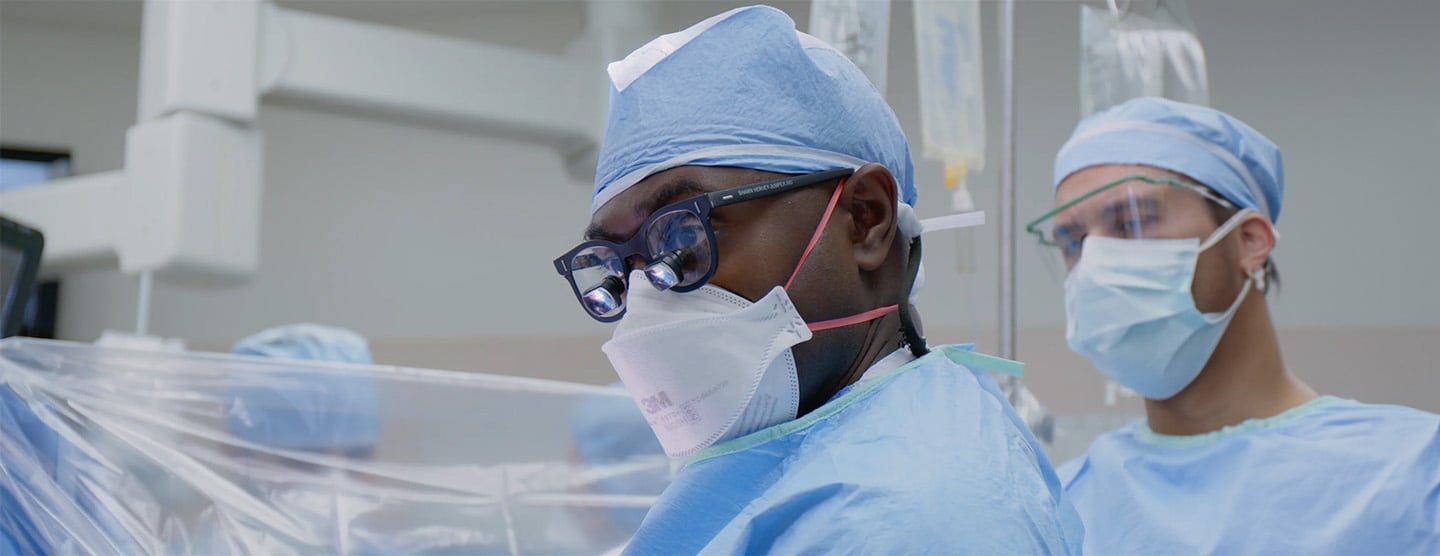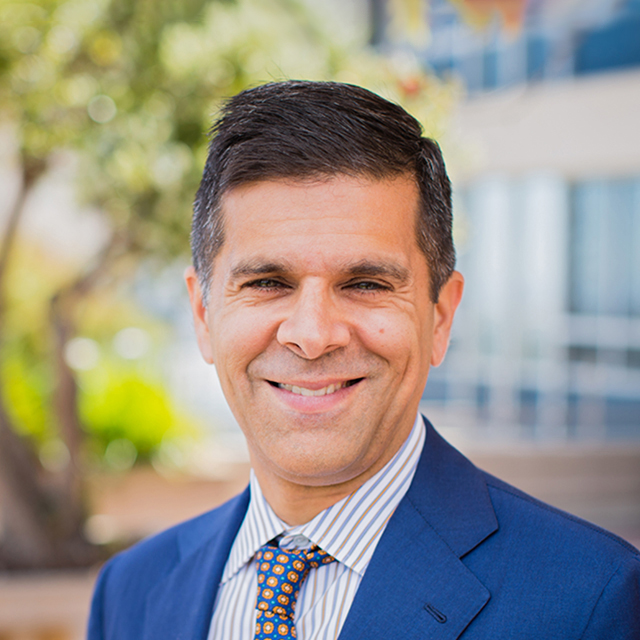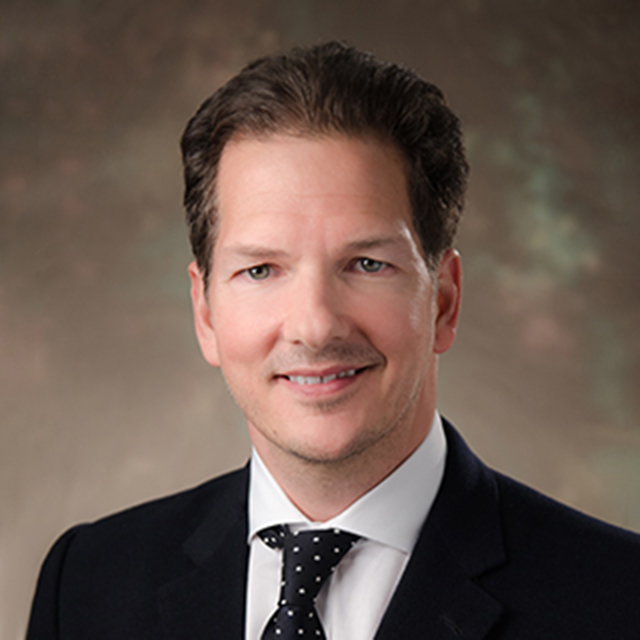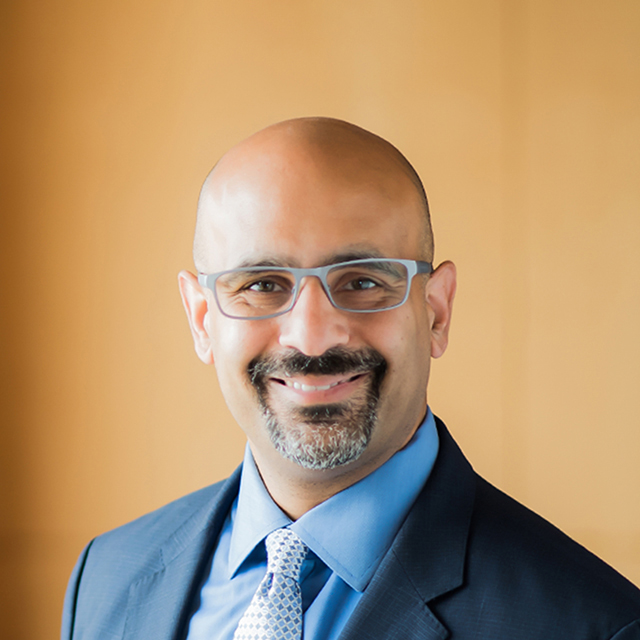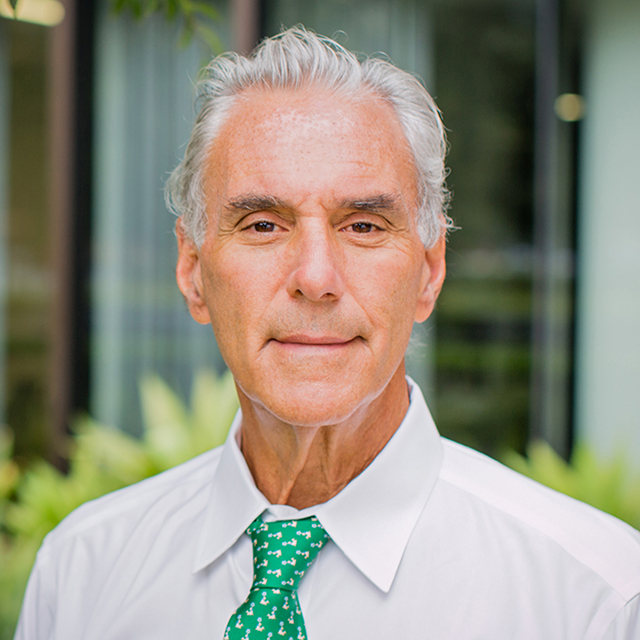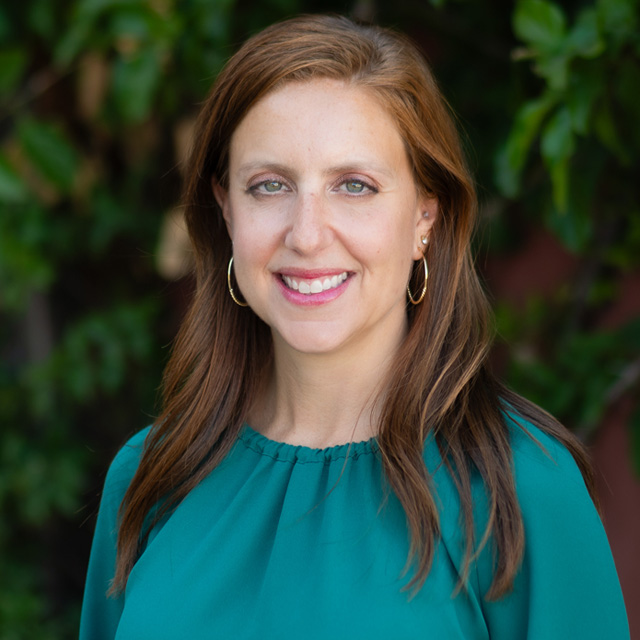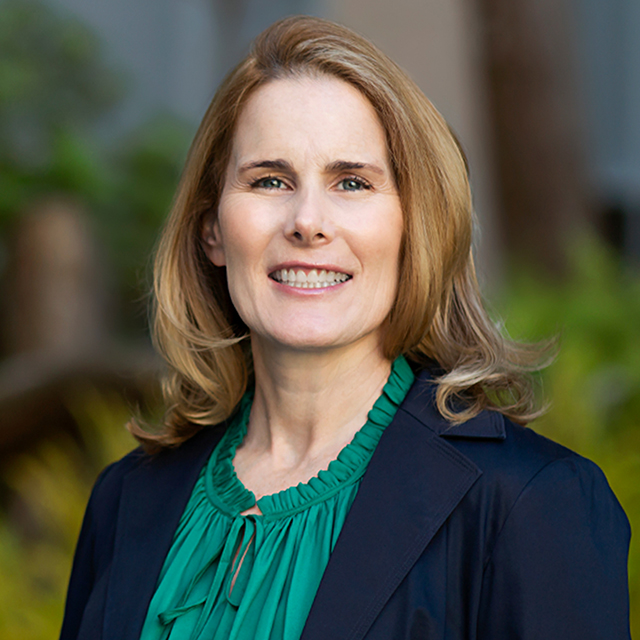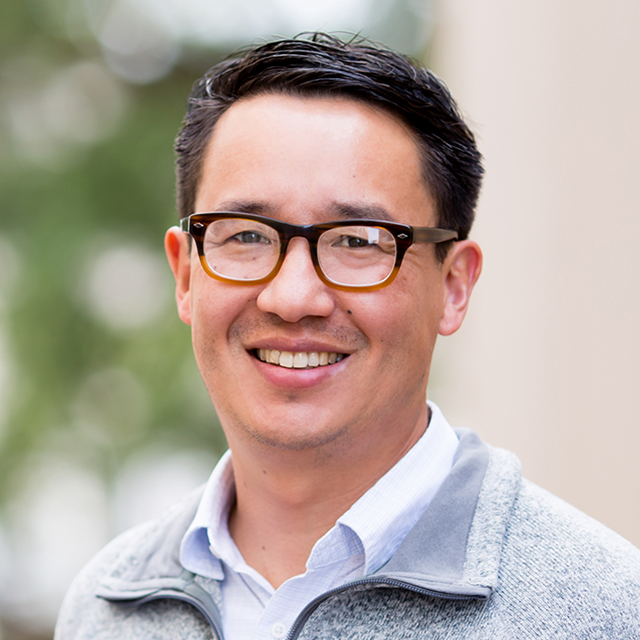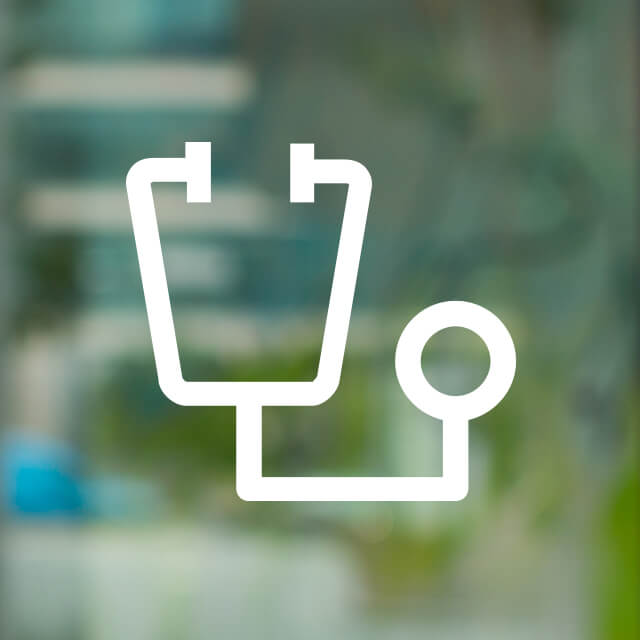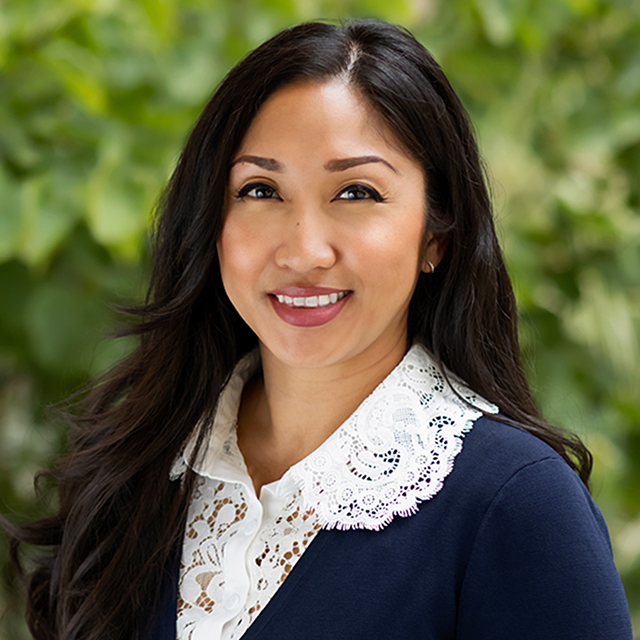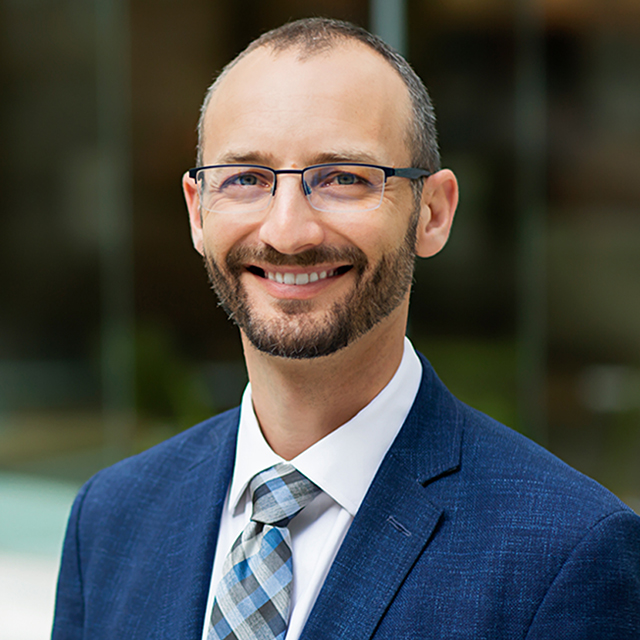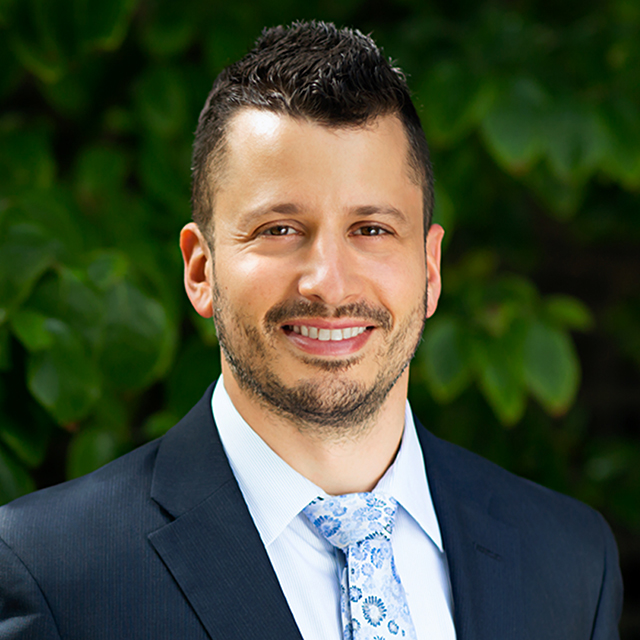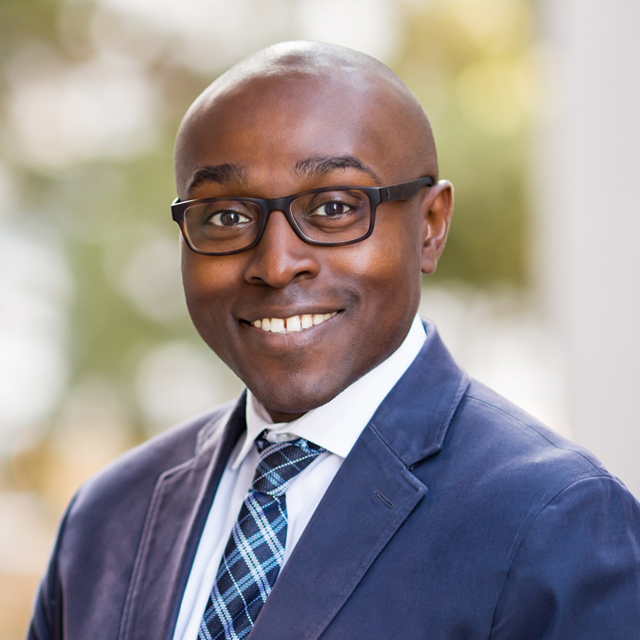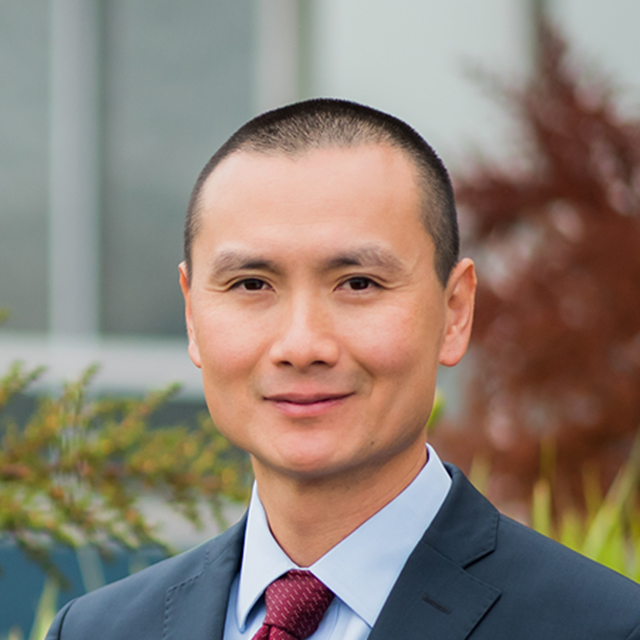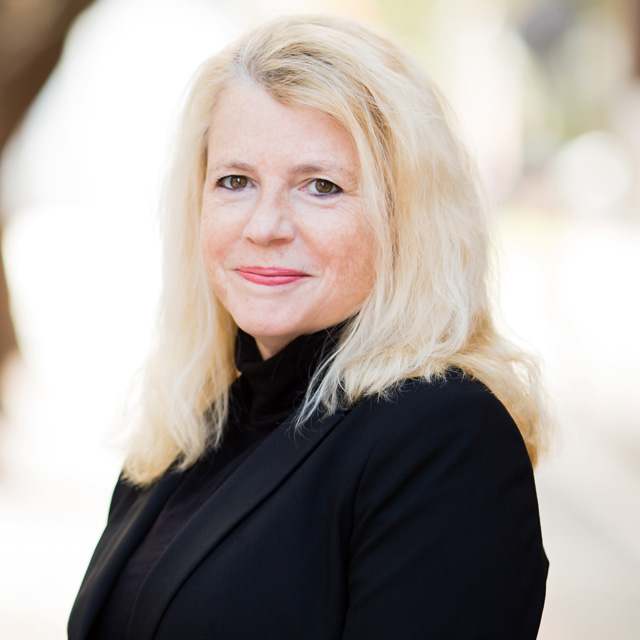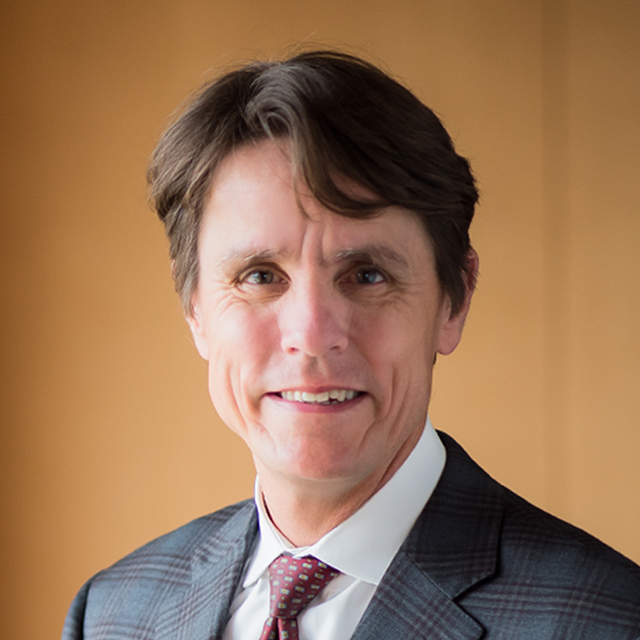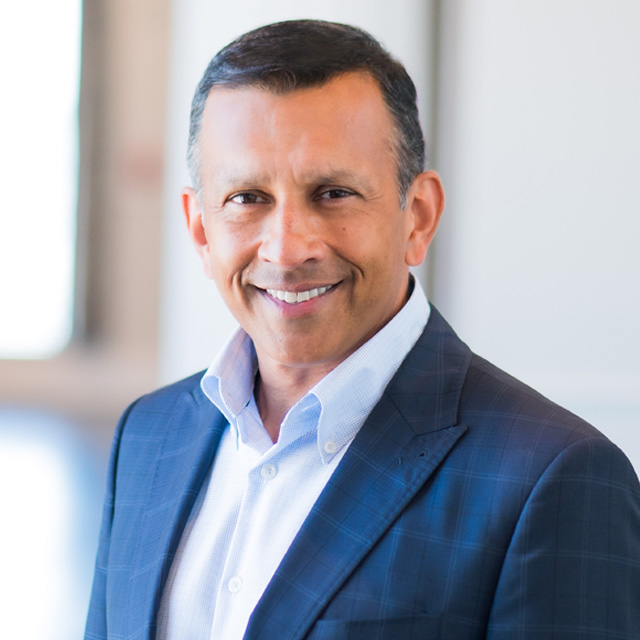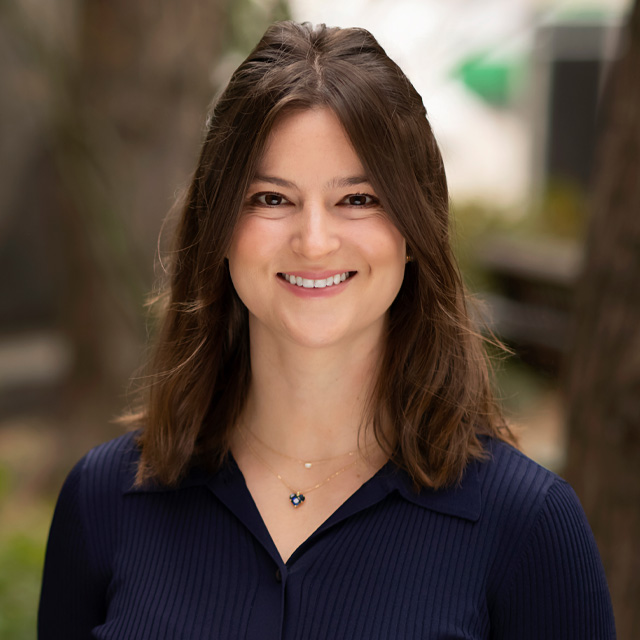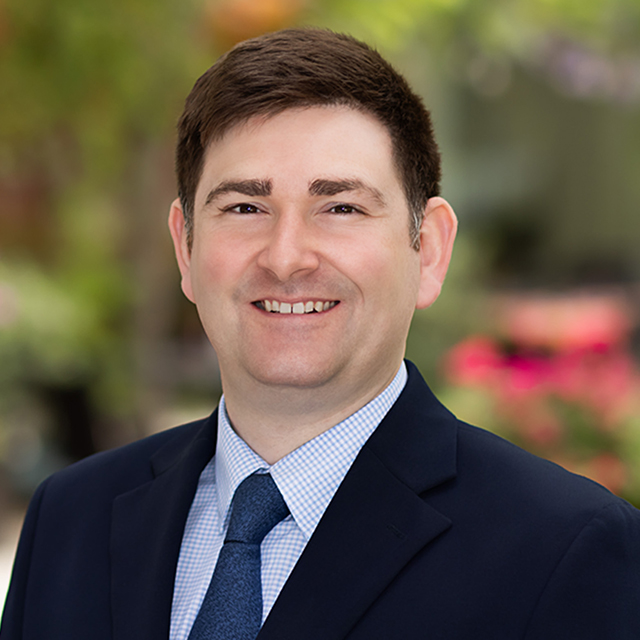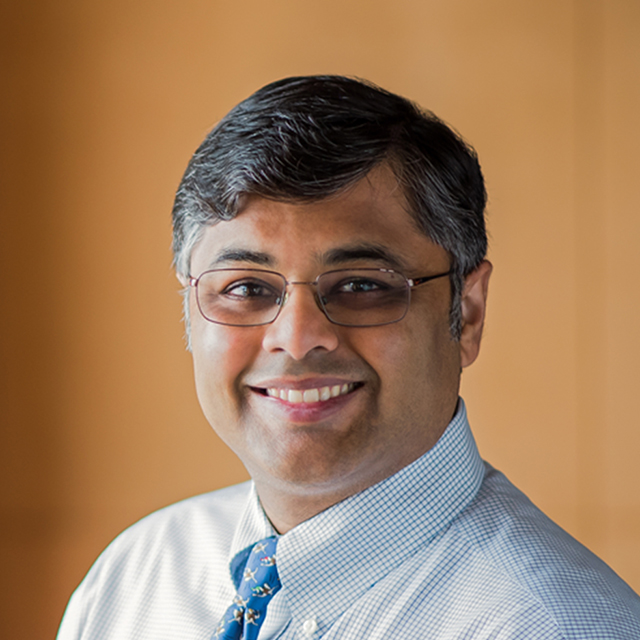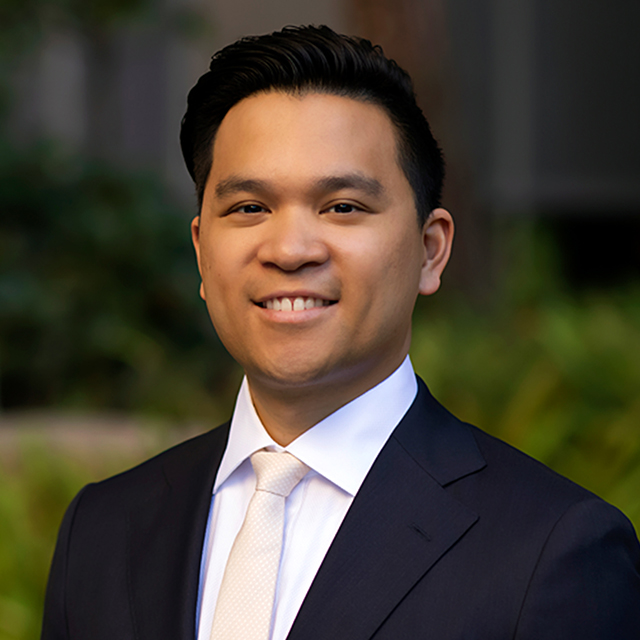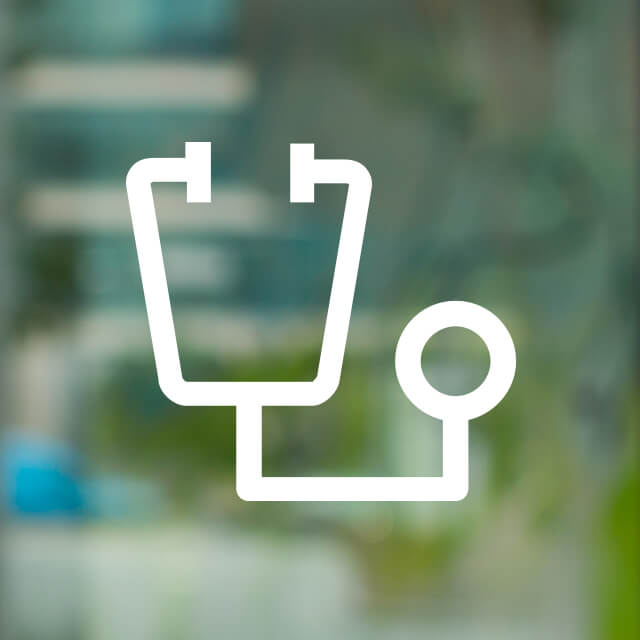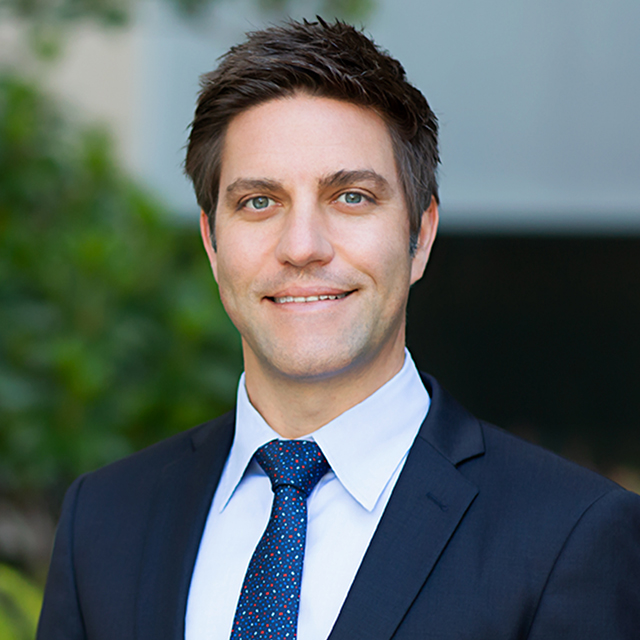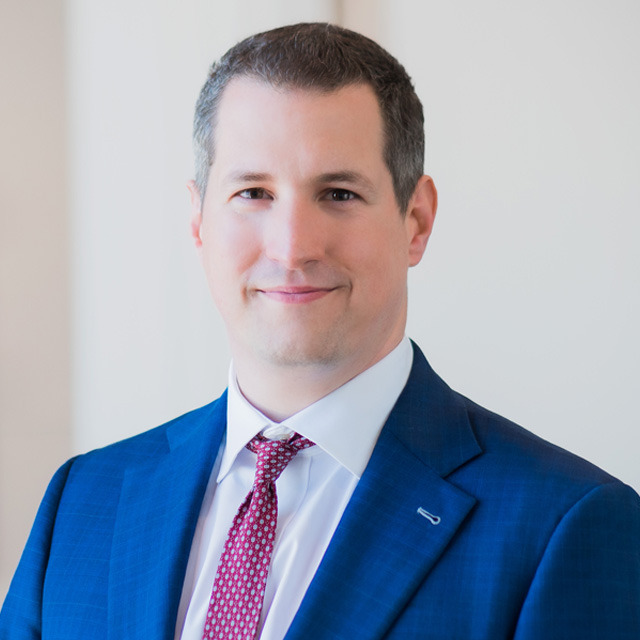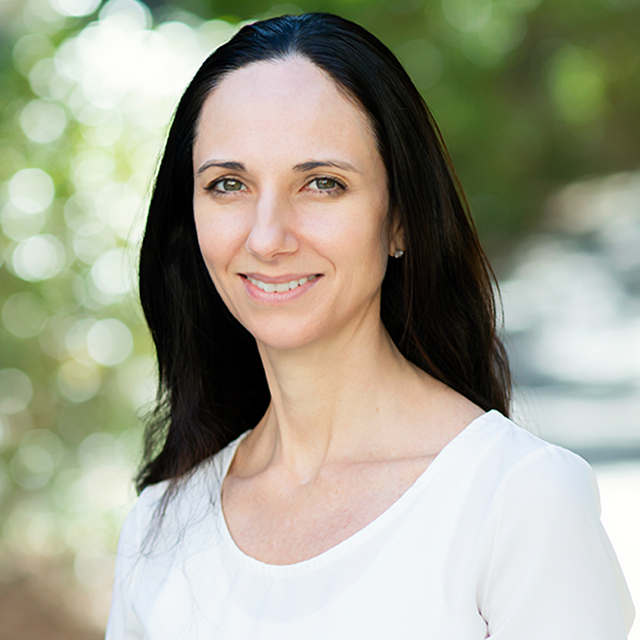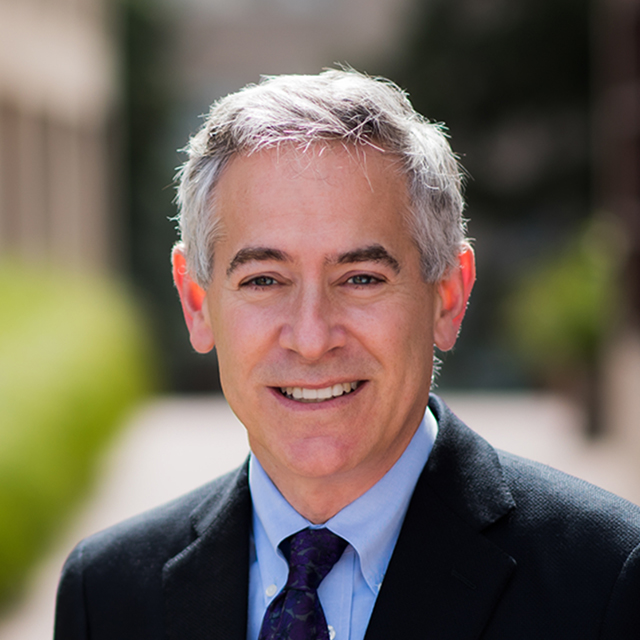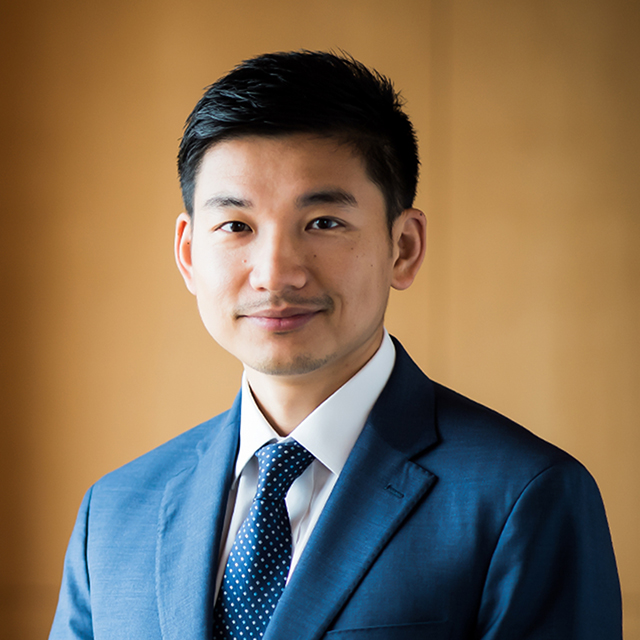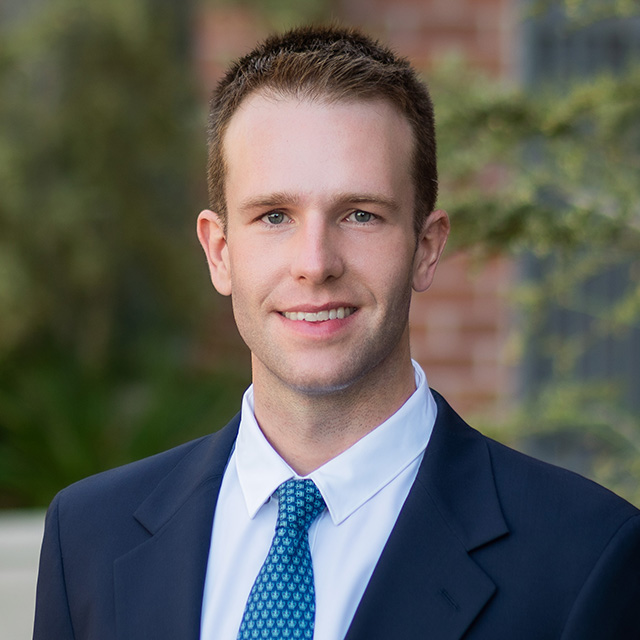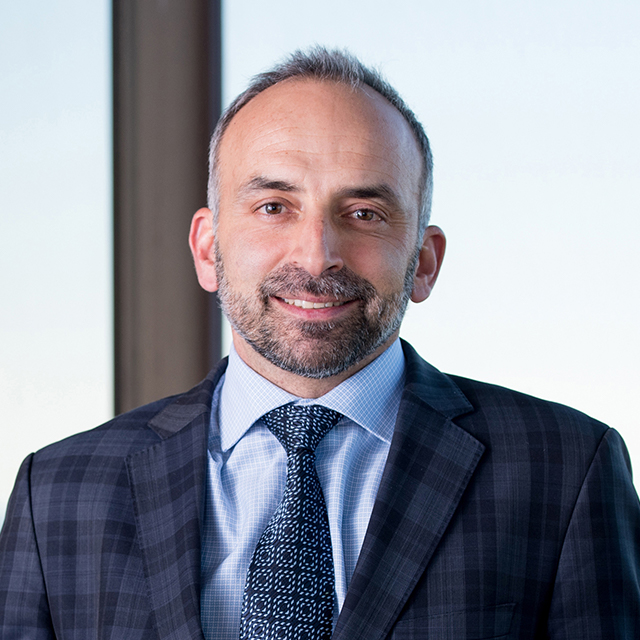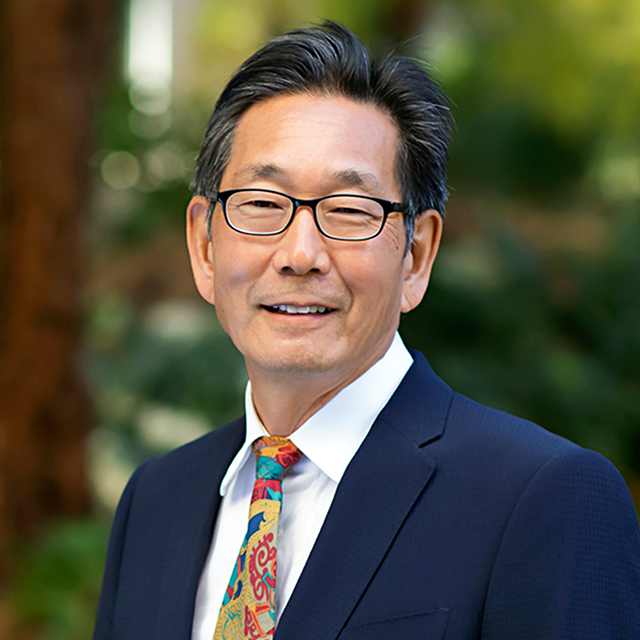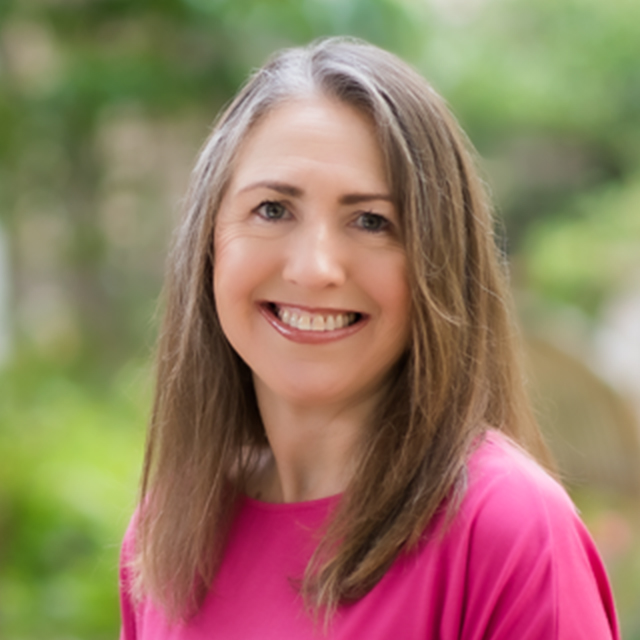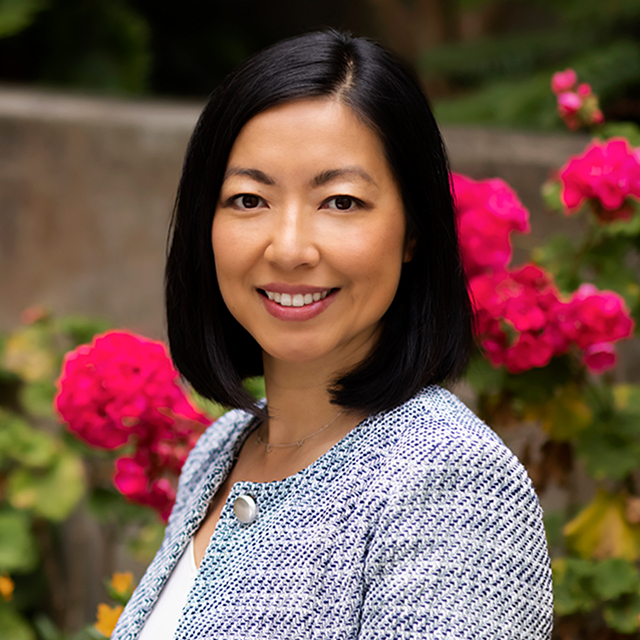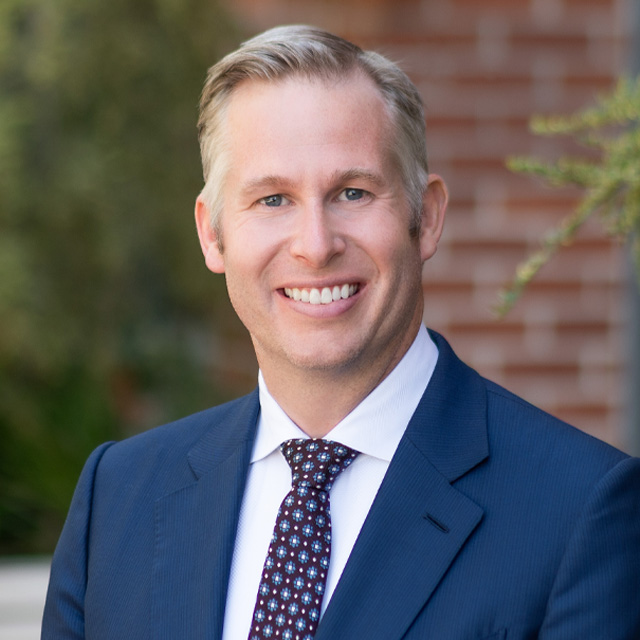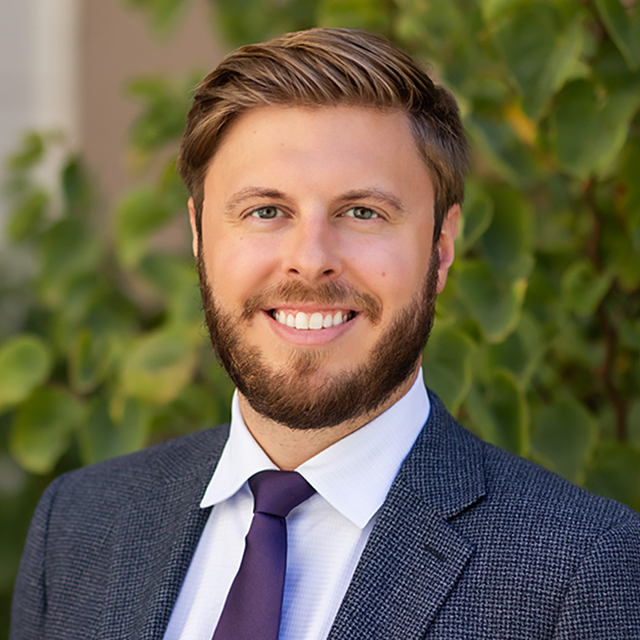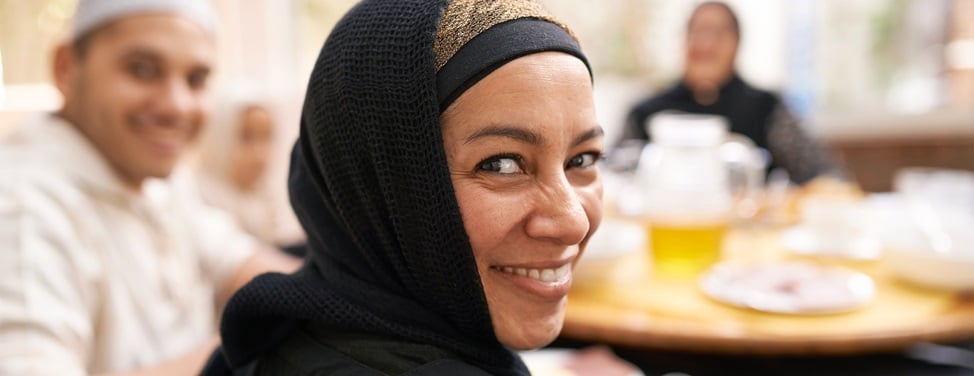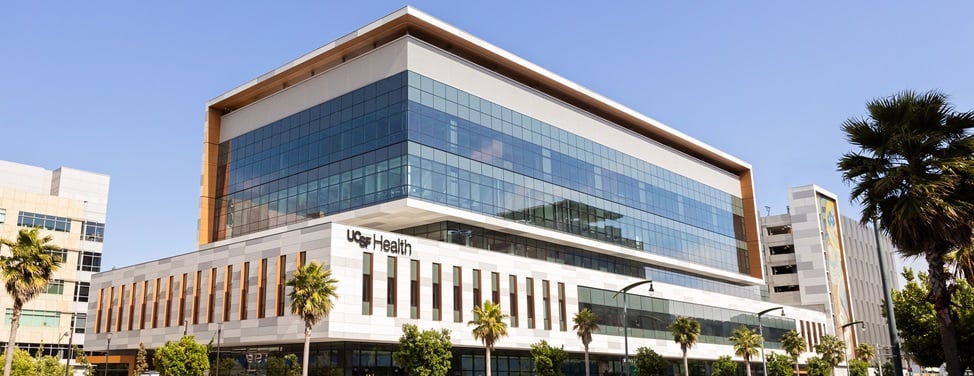
Neurosurgery Clinic
The UCSF Neurosurgery Clinic offers a broad spectrum of services – comprehensive evaluations, treatment planning, surgery and rehabilitation – for conditions ranging from nerve disorders to brain tumors. A team of leading experts, including neurologists, neuroradiologists and radiation oncologists, provides care. Our patients also benefit from the research conducted at UCSF and new treatments and medical devices developed here.
As part of this clinic, the Center for Management and Surgery of Peripheral Nerve Disorders evaluates and treats patients with peripheral nervous system disorders, from carpal tunnel syndrome to congenital nerve damage. The center is staffed by experts in neurology, neuropathology, neurogenetics, electrophysiology and rehabilitation. Patients have access to the latest diagnostic techniques, including electromyography and nerve conduction studies, MR neurography, 3T MRI and spectroscopy.
In addition, the advocacy group Angioma Alliance has named UCSF a Center of Excellence in Cerebral Cavernous Malformation in recognition of the high-quality, multispecialty care we provide for these vascular malformations.
We are part of the UCSF Weill Institute for Neurosciences.
Our locations (8)
Explore what we do
Our team
Clinical trials
IA Lidocaine and Methylprednisolone for Headache Associated With Subarachnoid Hemorrhage
Headache Impact Test-6 score at baseline (pre-intervention), discharge, and at 1, 6, and 12 weeks postoperatively. Scores range from 36 (no impact) to 78 (severe impact), with higher scores indicating a greater negative impact.
Recruiting
Optic Nerve Stimulation To Prevent Visual Deficits After Endoscopic Cranial Approaches
Patients that received our intervention will be evaluated post operatively for regular standard of care six weeks post-operatively. During visual evaluation, the PI of this study will determine post-operative visual field and visu...
Recruiting
ICG Angiogram as a Predictor of Postoperative Visual Function After EEA Surgery
The investigators will evaluate the percentage of participants that present with decreased of visual acuity and any modality of visual field defect after the surgery. Postoperative visual acuity and visual field testing will be pe...
Recruiting
Awards & recognition
-
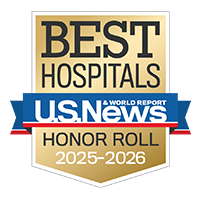
Among the top hospitals in the nation
-
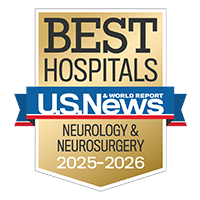
Best in the West and No. 2 in the nation for neurology & neurosurgery
Support services
Plan your visit
What to Bring
- Photo I.D.
- Health insurance card
- Insurance authorization, if required
- Doctor's referral, if required
- Recent test results related to your condition
- List of your medications, including dosages, plus any you're allergic to
- List of questions you may have
- Device or paper for taking notes
Related clinics
Our research initiatives
-

UCSF Department of Neurological Surgery Research
The UCSF Department of Neurological Surgery studies a broad range of topics, bringing scientists and physicians together to advance our understanding of the mind and improve patient care.






